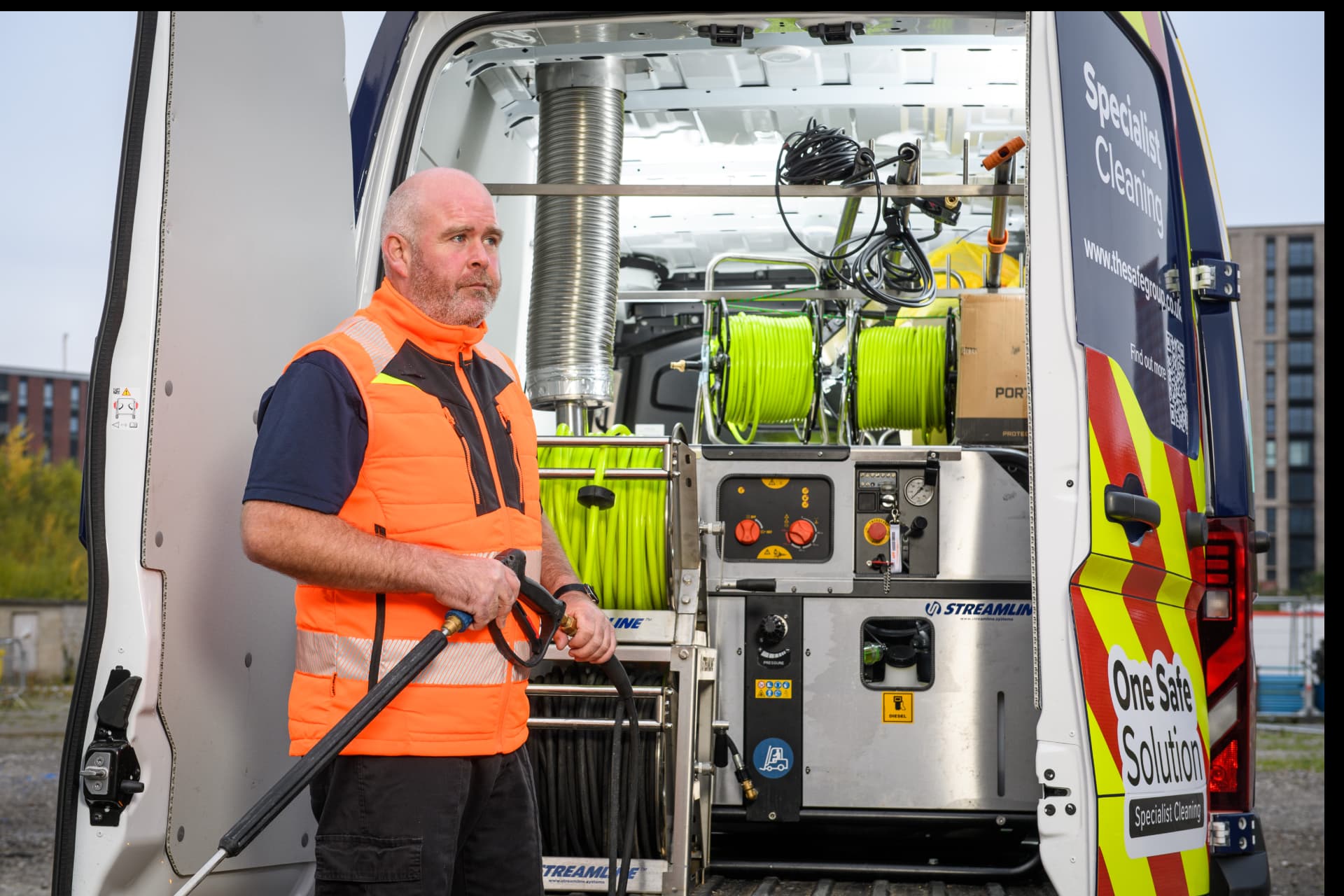
Enquire Today
Contact us today for an initial, no obligation, conversation, free expert advice or to arrange a quotation. We are available 24/7 and we cant wait to hear from you
Get a Quote
Contact us today for an initial, no obligation, conversation, free expert advice or to arrange a quotation. We are available 24/7 and we cant wait to hear from you
Get a Quote